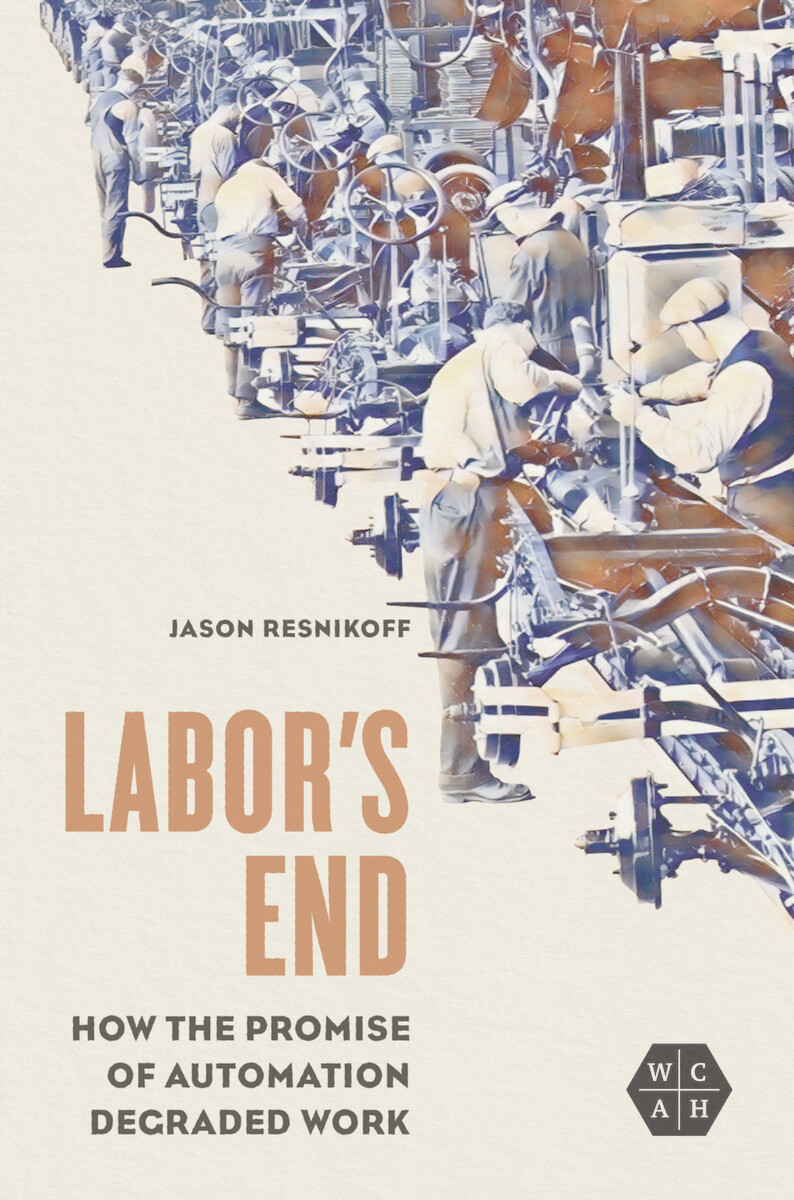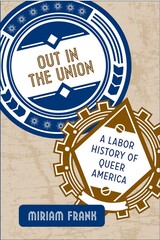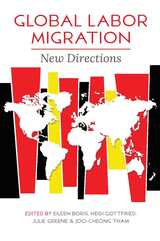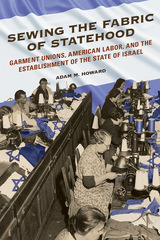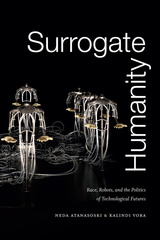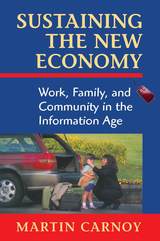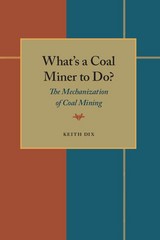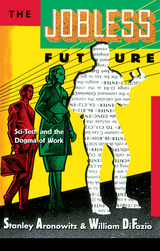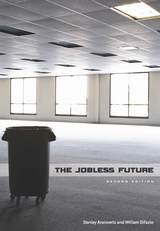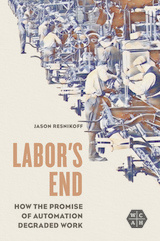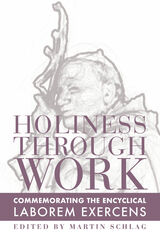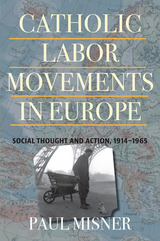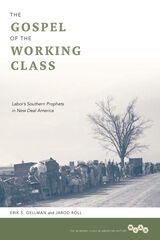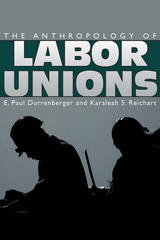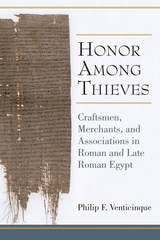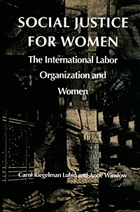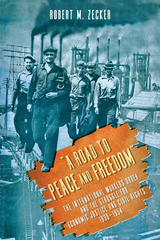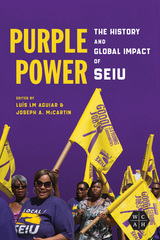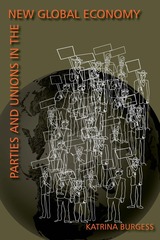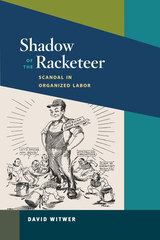Labor's End: How the Promise of Automation Degraded Work
University of Illinois Press, 2022
eISBN: 978-0-252-05321-4 | Paper: 978-0-252-08629-8 | Cloth: 978-0-252-04425-0
Library of Congress Classification HD6331.2.U5R45 2021
Dewey Decimal Classification 303.48340973
eISBN: 978-0-252-05321-4 | Paper: 978-0-252-08629-8 | Cloth: 978-0-252-04425-0
Library of Congress Classification HD6331.2.U5R45 2021
Dewey Decimal Classification 303.48340973
ABOUT THIS BOOK | AUTHOR BIOGRAPHY | REVIEWS | TOC
ABOUT THIS BOOK
Labor's End traces the discourse around automation from its origins in the factory to its wide-ranging implications in political and social life. As Jason Resnikoff shows, the term automation expressed the conviction that industrial progress meant the inevitable abolition of manual labor from industry. But the real substance of the term reflected industry's desire to hide an intensification of human work--and labor's loss of power and protection--behind magnificent machinery and a starry-eyed faith in technological revolution. The rhetorical power of the automation ideology revealed and perpetuated a belief that the idea of freedom was incompatible with the activity of work. From there, political actors ruled out the workplace as a site of politics while some of labor's staunchest allies dismissed sped-up tasks, expanded workloads, and incipient deindustrialization in the name of technological progress.
A forceful intellectual history, Labor's End challenges entrenched assumptions about automation's transformation of the American workplace.
See other books on: Automation | Labor & Industrial Relations | Labor supply | Occupational training | Promise
See other titles from University of Illinois Press
